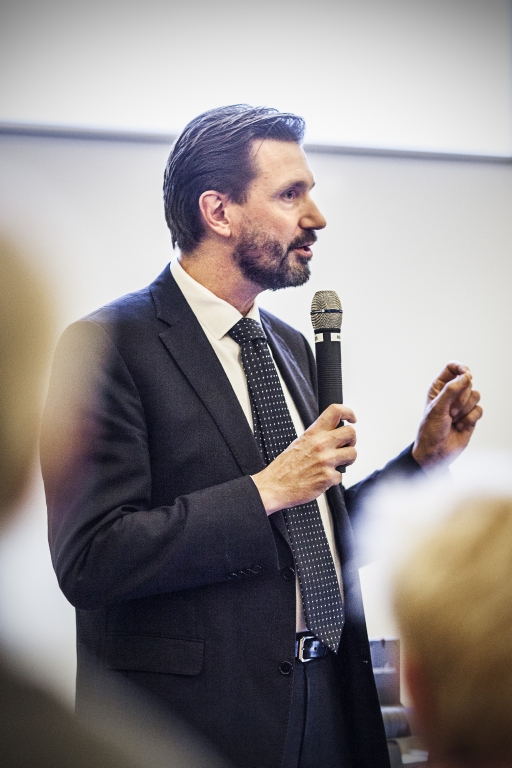Dean of Health: Locum tenens positions are not necessary for training talented doctors

Even though many medical students have previously taken a locum tenens position (a temporary position as a substitute doctor, ed.) during their Master’s degree programme, doing so has never been an integrated integral part of the study programme. Neither has it been something that AU has given a leave of absence for, emphasises Allan Flyvbjerg, dean of Health.
"I view a locum tenens position as a professionally relevant form of paid employment and not as a necessary part of the study programme," he says.
According to the dean, this is the reason why AU's medical students need not fear that they will be unable to get the necessary experience, even though the study progress reform will now end the possibility of taking these locum tenens positions.
"The argument in favour of these temporary positions has been that the students will be more experienced and better trained when they get out into the real world. Of course, this is also in a way correct. But we have just created a new degree programme that is aimed at preparing the students for their future jobs as doctors much more effectively than previously," says Flyvbjerg.
Here the dean is referring to the reform of the Danish medical degree programmes in 2012, which has added clinical training to each semester of the Master’s degree programme. Previously, this was limited to a single semester.
"The opportunity for hands-on experience is present when you are involved in so much clinical training. But you need to be energetic and get involved. You have to be proactive and ask to be involved," he says.
However, Flyvbjerg does not dismiss the idea of taking a look at the possibility of greater freedom of choice at Master’s degree level.
“One negative effect of the study progress reform is, of course, that the students really are prevented from taking part in activities which are relevant for their studies alongside a demanding syllabus," he says, and mentions voluntary work for the International Medical Cooperation Committee as one example.
The freedom to include individually chosen, relevant elements in the Master’s degree programme can, however, only be present to the extent that the students still complete the entire course of study and do so within the prescribed study period," he emphasises.
In practice, this will presumably lead to a somewhat larger workload for the students if they must find time for a locum tenens position or voluntary work abroad within the prescribed study period?
"Yes, of course that’s true. But in future we will also work with new forms of teaching and learning which will accommodate these time constraints," says Flyvbjerg.
Translated by Peter Lambourne

